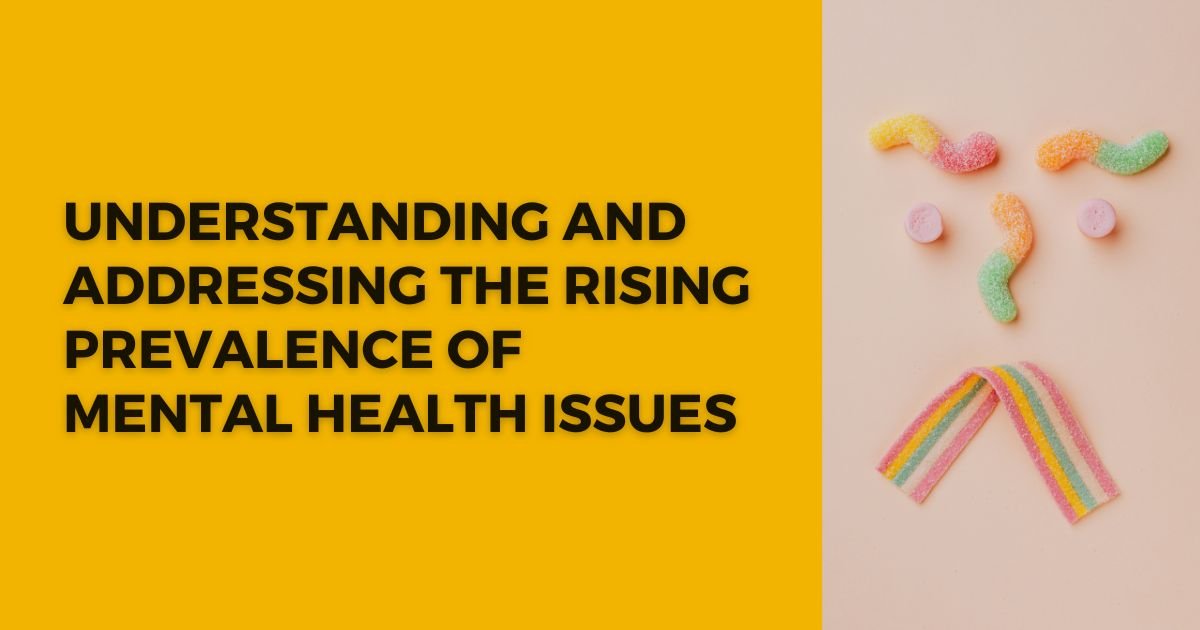Do you often find yourself plagued by persistent food cravings? The feeling of constant hunger can be frustrating and challenging to overcome. But fear not, as we delve into the hidden culprits behind these constant food cravings, we will shed light on the factors that may be causing your insatiable appetite. By understanding the complex interplay of physiological, psychological, and lifestyle factors, you can gain control over your cravings and achieve a healthier relationship with food. So, let’s explore the secrets behind constant food cravings and uncover effective strategies to satisfy your hunger.
Table of Contents
The Physiology of Hunger
Hunger is a natural sensation that indicates the body’s need for nourishment. However, certain hidden culprits can intensify and prolong these hunger signals, leading to constant food cravings. Here are some factors that play a role in triggering persistent hunger:
- Lack of Satiety: Some foods, particularly those high in sugar and refined carbohydrates, provide a quick burst of energy but leave you feeling unsatisfied shortly after. This can trigger continuous hunger signals, prompting you to seek more food.
- Imbalanced Blood Sugar Levels: Consuming high glycemic index foods, which rapidly raise blood sugar levels, can lead to subsequent crashes in energy levels. These fluctuations can trigger hunger pangs and cravings for more food.
- Hormonal Imbalances: Hormones, such as ghrelin and leptin, play a crucial role in regulating hunger and satiety. Imbalances in these hormones can disrupt the signals that indicate fullness, leading to a constant desire for food.
The Psychology of Cravings
In addition to physiological factors, psychological and emotional factors can contribute to constant food cravings. Understanding the psychological aspects can help you gain better control over your eating habits. Here are some key factors to consider:
- Emotional Eating: Stress, boredom, and negative emotions can drive us to seek comfort in food. Emotional eating can lead to mindless consumption and a cycle of constant cravings. Identifying emotional triggers and finding healthier coping mechanisms is essential in managing food cravings.
- Reward and Pleasure Seeking: The brain’s reward center can create associations between certain foods and pleasurable experiences. Cravings may arise as a result of seeking that pleasurable sensation. Being aware of these triggers can help you make conscious choices to satisfy cravings in a balanced manner.
Addressing Lifestyle Factors
Apart from physiological and psychological factors, certain lifestyle habits can contribute to constant food cravings. By making mindful changes in your daily routine, you can support healthy eating habits and reduce the intensity of cravings. Consider the following strategies:
- Balanced Meals: Ensure your meals contain a combination of protein, healthy fats, and fiber-rich carbohydrates. This balanced macronutrient composition helps promote satiety and stabilize blood sugar levels, reducing the likelihood of constant hunger.
- Regular Meal Patterns: Establishing regular meal times and sticking to a consistent eating schedule can help regulate hunger signals. Avoiding long periods of fasting and maintaining a consistent meal routine can prevent excessive hunger and subsequent cravings.
- Mindful Eating: Slow down and savor each bite. Practicing mindful eating allows you to fully enjoy your food, recognize true hunger and fullness cues, and make conscious choices. By being present during meals, you can better understand your body’s needs and reduce the chances of constant cravings.
Conclusion
Understanding the hidden culprits behind constant food cravings empowers you to make informed choices and regain control over your eating habits. By considering the physiological, psychological, and lifestyle factors that contribute to cravings, you can develop strategies to satisfy your hunger in a balanced manner. Remember, it’s essential to listen to your body, practice mindfulness, and address any underlying issues that may be driving your constant food cravings. With patience, self-awareness, and the knowledge gained from this exploration, you can embark on a journey towards a healthier and more harmonious relationship with food.
FAQs
-
Can dehydration cause constant food cravings?
Yes, dehydration can sometimes be mistaken for hunger. Staying adequately hydrated can help differentiate between thirst and true hunger signals.
-
Can lack of sleep contribute to constant food cravings?
Yes, inadequate sleep can disrupt hunger-regulating hormones, leading to increased appetite and cravings. Prioritizing quality sleep can help manage cravings more effectively.
-
Are there specific foods that can help reduce constant food cravings?
Including foods high in protein, fiber, and healthy fats in your meals can promote satiety and reduce cravings. Examples include lean meats, vegetables, whole grains, and nuts.
To explore more in-depth articles on similar topics, click here. Empower yourself with knowledge, continue learning, and discover new ways to nourish your body and mind. Your journey towards understanding and managing food cravings is just beginning, and there is a wealth of information waiting for you to explore.














Leave a Reply
View Comments